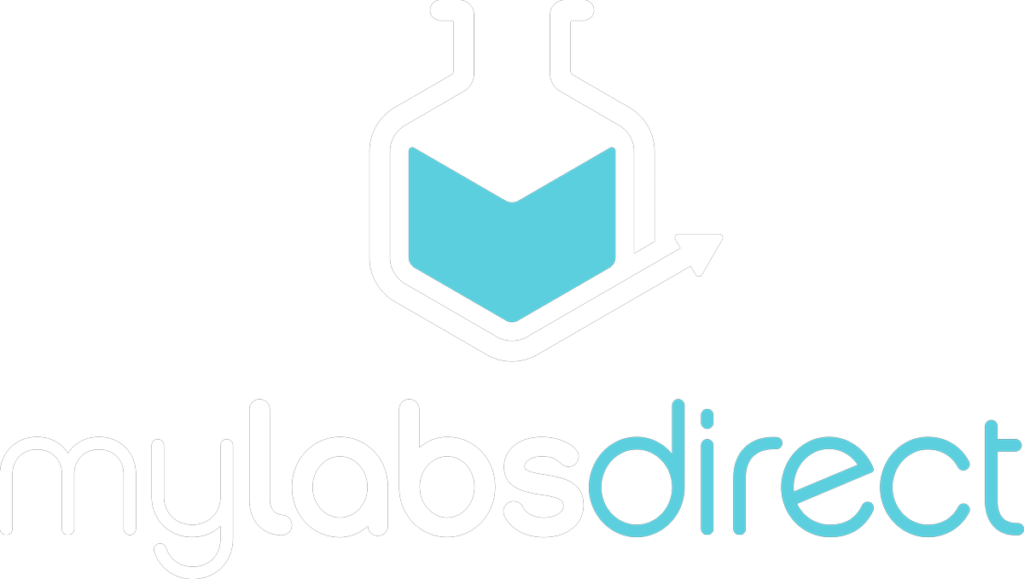Navigating the Complex Relationship Between Nutrition and Eating Disorders

In a world that often equates health with appearance, the intricate dance between nutrition and mental well-being takes center stage. The profound interconnection between what we consume and our mental health becomes particularly complex when confronted with eating disorders. In this blog, we delve into the delicate balance, shedding light on the intersection of nutrition and eating disorders, and exploring avenues for understanding, support, and recovery.
The Nexus of Nutrition and Mental Health:
- Nutrition’s Impact on Mental Well-being:
- The food we consume is not just fuel for our bodies; it significantly influences our mental health. Nutrient-rich diets are linked to improved cognitive function, mood regulation, and overall well-being.
- Eating Disorders as Mental Health Conditions:
- Eating disorders, such as anorexia nervosa, bulimia nervosa, and binge-eating disorder, are complex mental health conditions with profound physical and psychological implications. They often stem from a combination of genetic, environmental, and sociocultural factors.
Understanding the Dynamics:
- Anorexia Nervosa:
- Individuals with anorexia nervosa may engage in extreme calorie restriction, intense fear of gaining weight, and distorted body image perceptions. The severe nutritional deficiencies associated with anorexia can lead to a range of physical and mental health complications.
- Bulimia Nervosa:
- Bulimia nervosa involves episodes of binge eating followed by compensatory behaviors such as purging or excessive exercise. The nutritional impact is marked by erratic eating patterns, which can disrupt metabolic balance and nutrient absorption.
- Binge-Eating Disorder:
- Binge-eating disorder entails consuming large quantities of food in a short period, often with feelings of loss of control. This disorder can lead to issues such as obesity, diabetes, and cardiovascular problems, highlighting the nutritional consequences.
The Role of Nutritional Therapy:
- Rebuilding Nutritional Health:
- Nutritional therapy is a fundamental component of eating disorder treatment. Registered dietitians and healthcare professionals work with individuals to establish balanced eating patterns, rebuild nutritional health, and address deficiencies.
- Meal Support and Education:
- Meal support is an integral part of eating disorder recovery. It involves structured eating environments, assistance in normalizing eating patterns, and education on balanced nutrition to dispel myths and misconceptions.
Navigating the Path to Recovery:
- Multidisciplinary Approach:
- Addressing eating disorders requires a multidisciplinary approach, involving mental health professionals, dietitians, physicians, and support networks. Collaboration is essential to address both the physical and psychological aspects of these conditions.
- Psychotherapy and Nutritional Counseling:
- Psychotherapy, particularly cognitive-behavioral therapy (CBT), is often used to address the psychological aspects of eating disorders. Nutritional counseling complements this by fostering a healthy relationship with food, challenging distorted beliefs, and providing practical guidance.
Fostering Awareness and Support:
- Challenging Stigma:
- Fostering awareness and challenging societal stigma surrounding body image and weight is crucial. A more compassionate and understanding environment can reduce shame and facilitate early intervention.
- Support Networks:
- Establishing support networks is vital for individuals on the path to recovery. Friends, family, and community support contribute to a nurturing environment that promotes both mental and nutritional well-being.
CONCLUSION
A Holistic Approach to Healing
The relationship between nutrition and eating disorders is intricate and demands a holistic approach. By fostering awareness, dismantling stigma, and prioritizing a comprehensive understanding of both the nutritional and psychological aspects, we can pave the way for a more compassionate approach to healing. Nutrition becomes not just a means of sustenance but a vital component in the journey toward recovery and mental well-being.

